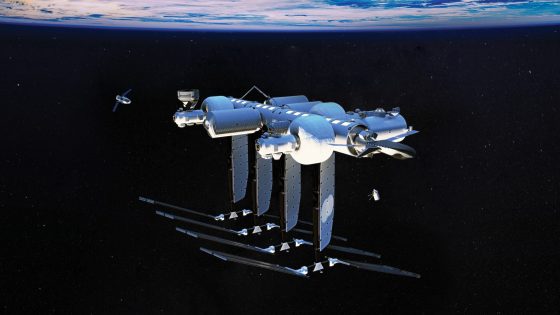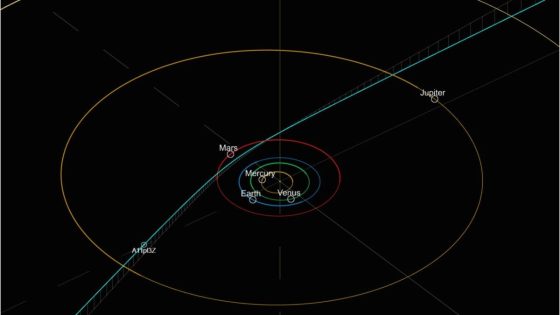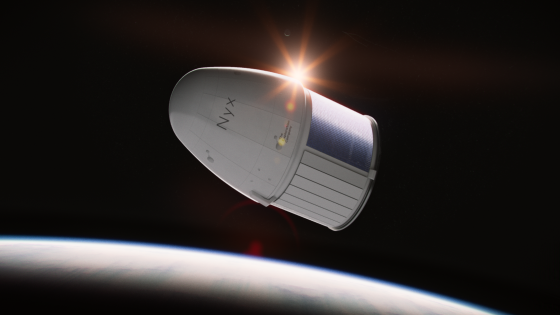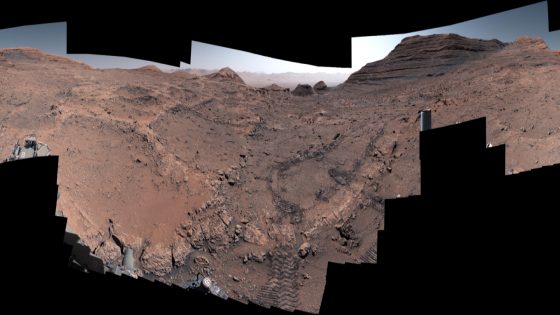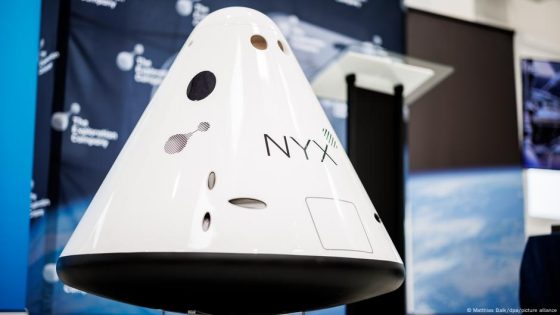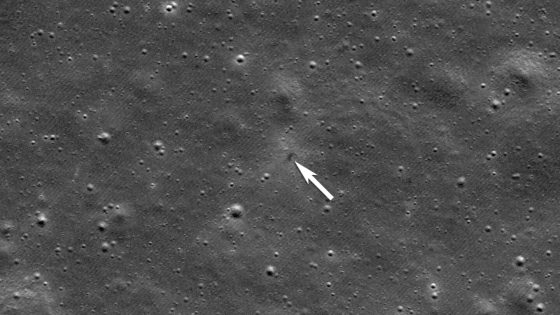The European Space Agency (ESA) is actively reshaping its strategy for maintaining a human presence in low Earth orbit, particularly after the International Space Station’s retirement. As of June 18, 2025, ESA has signed a memorandum of understanding with Thales Alenia Space and Blue Origin to explore the potential of the Orbital Reef commercial space station.
- ESA signs agreement for commercial space station use
- Collaboration with Thales Alenia Space and Blue Origin
- Focus on European payloads and astronaut flights
- Continuous presence in low Earth orbit planned
- Preference for partnerships with European companies
- Emphasis on optimizing scientific research opportunities
This collaboration aims to facilitate European payloads and possibly astronauts traveling to Orbital Reef. By leveraging partnerships with commercial entities, ESA seeks to ensure continued scientific and technological advancements in low Earth orbit.
As ESA explores the commercialization of low Earth orbit, a key question arises: how can Europe effectively collaborate with private companies? This partnership could redefine space exploration, offering unique opportunities for scientific research. Consider these points:
- Potential for multiple astronaut flights to commercial stations.
- Enhanced focus on science during short-duration missions.
- European industry involvement in space station development.
- Optimized research capabilities tailored to specific platforms.
Looking ahead, the success of these collaborations could pave the way for groundbreaking advancements in space science and technology. Will Europe lead the charge in commercial space exploration?



